Policy & Standards
Standards
Policies
Statutes
- API Management Standard (PDF)
- Batch File Transfer Standard (PDF)
- Branch Policy Standard (PDF, 392KB)
- Caching Standard (PDF)
- Code Escrow Standard (PDF)
- Continuous Deployment Standard (PDF)
- Cross-channel Communications Marketing Solutions Standard (PDF)
- Custom Application Development for Agile Methodology (PDF)
- Custom Application Development for Waterfall Methodology (PDF)
- Data Retention Standard (PDF)
- Data Storage Standard (PDF)
- Defects Tracking Standard (PDF)
- Development – Continuous Integration and Continuous Delivery Standard (PDF)
- DevOps Standard (PDF)
- Digital Public Facing Identity Standard (PDF)
- Electronic Signature Standard (PDF, 125KB)
- Enterprise Reference Architecture
- Geographic Information System Standard (PDF)
- Graphic Design Software Standard (PDF)
- Log Aggregation Standard (PDF)
- Oklahoma UI/UX Standard (PDF, 195KB)
- Payment Processing Standard (PDF)
- Peer Code Review Standard (PDF)
- Records Management Imaging Standard (PDF)
- Reporting, Data Analytics and Business Intelligence Standard (PDF)
- Robotic Process Automation Standard (PDF, 216KB)
- Salesforce Development and Administration Standard (PDF)
- SharePoint Standard (PDF, 149KB)
- Use of AI in Oklahoma State Government Standard (PDF)
- Version Control and Hosting Standard (PDF)
- Web Content Management System Standard (PDF, 174KB)
- Website Development Lifecycle Standard (PDF, 146KB)
- Application Software Support (PDF, 125KB)
- Automated Testing Standard (PDF, 145KB)
- B2C Identity Standard (PDF, 160KB)
- Board Member Accounts Standard (PDF, 133KB)
- Business Continuity and Disaster Recovery Standard (PDF, 195KB)
- Exchanges of Information and Software Standard (PDF, 171KB)
- Hardware Support Standard (PDF, 171KB)
- Productivity Software Support (PDF, 125KB)
- Reference Architecture Standard (PDF, 126KB)
- Software Architecture Standard (PDF, 159KB)
- Software Licensing Standard (PDF, 160KB)
- Use of System Utilities Standard (PDF, 132KB)
- Application Delivery Controller Standard (PDF)
- Firewall Security Standard (PDF, 117KB)
- Hypervisor Technology Standard (PDF, 118KB)
- Internet Protocol Address Allocation Standard (PDF, 120KB)
- Linux Server Standard (PDF)
- Network Routing and Switching Standard (PDF)
- Non-Production Server Shut Down Schedule Standard (PDF, 123KB)
- Server Backup Standard (PDF, 124KB)
- Site to Site VPN Encryption Standard (PDF)
- SSL Inspection Standard (PDF, 128KB)
- Statewide Network Labeling Standard (PDF, 128KB)
- Unused Firewall Rule Standard (PDF, 150KB)
- VLAN Extension Standard (PDF)
- WiFi Standard (PDF)
- Acceptable Use Standard (PDF)
- Account Management Standard (PDF)
- Application Authentication Standard (PDF)
- Application Security Standard (PDF)
- Azure Virtual Desktop Standard (PDF, 107KB)
- Chromebook Exception Standard (PDF)
- Confidential Technology Standard (PDF)
- Data Security Standard (PDF)
- DoD Information Network Standard (PDF, 72KB)
- DSR Standard (PDF)
- Election Technology Standard - CONFIDENTIAL (PDF)
- Endpoint Protection and Connectivity Standard (PDF)
- HR and Cyber Investigation Standard - CONFIDENTIAL (PDF)
- Identity Management Standard (PDF, 141KB)
- Intelligent Transportation System Standard - CONFIDENTIAL (PDF)
- Kiosk Workstation Security Standard (PDF)
- Lottery Technology Standard - CONFIDENTIAL (PDF)
- Naming Convention Standard (PDF)
- Permitted Technology Standard (PDF)
- Personal Device Standard (PDF)
- Physical Security Standard (PDF, 156KB)
- Physical Security Systems Technical Specifications - CONFIDENTIAL (PDF)
- Prohibited Technology Standard (PDF)
- Reporting Lost or Stolen Digital Assets Standard (PDF)
- Security Awareness Training Standard (PDF, 133KB)
- Security Exception Standard (PDF)
- Security Services Standard (PDF, 149KB)
- Simulated Phishing Campaign Standard (PDF, 140KB)
- Supply Chain Security Standard (PDF, 146KB)
- System Acceptable Use Standard (PDF)
- Vulnerability Management Standard (PDF)
- Bring Your Own Device - Cell Phone Standard (PDF)
- Change Management Standard (PDF, 192KB)
- Configuration Management Standard (PDF, 350KB)
- Help Desk Management Standard (PDF, 154KB)
- Mobile Device Platform Standard (PDF)
- Mobile Services Standard (PDF)
- Printer Management Standard (PDF, 157KB)
- Statewide Hosted Contact Center Standard (PDF)
- Ticket Management Standard (PDF, 177KB)
- Workstation Standard (PDF, 154KB)
The statutory duties, responsibilities and authority of the CIO and Information Services are set forth as follows:
- In a portion of the Oklahoma State Finance Act, located at 62 O.S. Sections 34.11.1 through 34.33.
- In the Information Technology Consolidation and Coordination Act located at 62 O.S. Sections 35.1 through 35.9.
- In the Oklahoma Administrative Code located at OAC Title 260, Chapter 115.
Progress Report on Unification
The State of Oklahoma's Chief Information Officer (CIO) is required to produce a quarterly report that provides an update as to the status of the unification of information technology (IT).
Last Modified on
Feb 25, 2026


